This week, Salford University launched a number of studentship calls, one of which would be under my supervision, focusing on the role of science festivals in society. I am really excited about this position for a number of reasons. I think there is a need to investigate the value and contribution of science festivals to society, so we can make the most of them and understand what else needs to be done develop critically engaged citizens, who are mindful of the complexity of science and compelled to invest themselves into its development. I am also interested in the range of events that fit into the category of 'science festival', which is surely more expansive than the term often denotes. For instance, there are many festivals that provoke a lot of engagement around new creative technologies, such as Burning Man where the focus is on participation and inhabiting the festival, and where there is a lot of experimental technology developed and discussed.
Alternatively, there are hundreds of science festivals, which link with science funding bodies or the media to deliver science communication events and opportunities for public debate. Great examples of this include Manchester Science Festival, an organisation which we would expect to work closely with in fleshing out this project.
Having worked around a lot of scholars who focus their research on festivals, I think there is something distinct about the science festival, but I am not yet sure what it is or which functions they serve, or how effectively their impact across policy or public understanding can be measured.
This PhD will explore some of these dimensions but its theoretical contribution will speak to some of the broad questions that confront humanity today, such as trying to unpack the limits of democratising science and the implications of this for how societies organize and progress. Science festivals find themselves at an exciting time in human history where the kinds of changes that are on the horizon are potentially species altering and certainly environment altering. There seems no more important time in human history than now that the entire population needs to tune into some of the decisions which are affecting our future.
The successful candidate will have a great time in this role discovering the wide world of science festivals. The methodological underpinning will rely on social scientific approaches, but there is an opportunity also to shape this and an understanding of science policy processes, critical theory, media studies, and a desire to inquire into the role of science in society are at the heart of the project.
The role will be located within the School of Environment and Life Sciences at the University of Salford, Manchester. It is a really dynamic and exciting place to work with huge investments and partnerships, a lot of ambition, and this PhD is the first kind we have advertised. It will be a unique context for someone who has aspirations to work within the field of science communication and public engagement, whether or not they have a background in science. Many of us are hybrids in this school and even more of us believe in studying the cross over of disciplines to really make sense of the world.
If you are interested in applying for this fully funded PhD studentship, please find all the relevant info here. If you are interested in providing financial support for the PhD, either in match funds, or supporting additional placements, please contact me directly.
Photograph from the Marcus Coates 'The Sounds of Others', part of Manchester Science Festival


